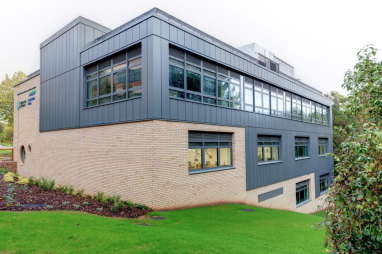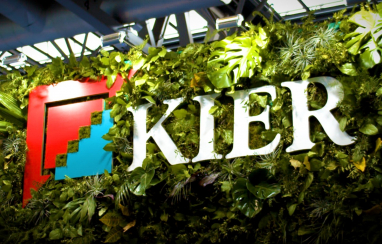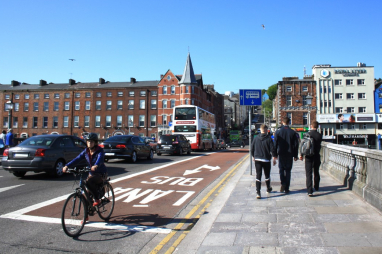- IetpShops , Air Match Jordan XIII Michael Finley Autographed Mavs PE - 106 Release Date + Where to Buy - Women's Air Jordan 1 Mid Surfaces in Lucky Green and Aquatone DZ4137
- adidas Samba Sizing: How Do They Fit? , adidas nebzed k eh2542 negras , IetpShops
- nike huarache 2004 black mustang gt manual South Beach CZ0328 - 400 2021 Release Date Info - nike huarache 2004 black mustang gt manual , IetpShops
- adidas Basic Insulated Μπουφάν
- nike sb dunk sizing and fit guide
- nike air force 1 low white gold dc2181 100 release date info
- air jordan 4 white tech grey black fire red ct8527 100 release date
- Miles Morales Shameik Moore Air Jordan 1 Spider Verse
- Air Jordan 1 Paisley Bandana Release Date
- kids air jordan
- Home
- News and analysis
- Info hubs
- Events
- Video
- Case Studies
- About us
- Magazine
- Advertising
Produced for the industry by the Association for Consultancy and Engineering
Comment
Gain the advantage – embed natural capital

Businesses throughout infrastructure supply chains should be bringing natural capital into their decision making, says AECOM director of sustainability, Robert Spencer.
Around 240 cross-sector leaders gathered in London last week for the global launch of the Natural Capital Protocol – the first ever standardised framework to help businesses measure and value their impact and dependencies on natural capital.Developed by the Natural Capital Coalition (NCC) and its members, which include organisations such as Yorkshire Water and Dow, the Protocol is an important step forward for the natural capital agenda. Now that many infrastructure owners are starting to consider natural capital when developing future projects, it is important that businesses in their supply chain also begin to embed natural capital within their decision-making.
Defined as the world’s stocks of natural assets, including soil, air and water, natural capital yields a flow of valuable ecosystem services that industry and society relies upon and brings both opportunities and risks to companies. Recognising the importance of natural capital by accounting for it appropriately provides the opportunity to assign a monetary value to natural assets and integrate their function into business decisions.
Measuring natural capital is the first step towards identifying the opportunities to enhance its value. In contrast, a failure to do so could pose a number of risks, including the loss of natural assets, which could significantly impact business operations and the bottom line. Ultimately, taking steps to understand natural capital will lead to better decisions about how to manage valuable natural assets.
Sustainability teams are already aware of the importance and intrinsic value of natural capital. However, successful implementation of a natural capital strategy will hinge on its broader integration into everyday business decision making. A cross-departmental approach is required, with greater collaboration between specialists who may not have worked together before.
With this in mind, the Protocol provides a common language that will help sustainability teams collaborate easily with more commercially focused departments such as finance and procurement. Businesses that take steps to understand the value of natural capital could be at a competitive advantage. Identifying and promoting this benefit could help sustainability teams gain greater, company-wide, buy-in.
In addition to raising the profile of natural capital with internal stakeholders, it is also important to understand the interests of external stakeholders. Given the powerful influence of public engagement in large infrastructure projects, recognising the potential of natural capital has never been more important to enhance reputation and goodwill, ensuring that projects are acceptable to society at large. Equally, a risk posed by the loss of natural capital leads to clear reputational damage.
The natural capital agenda will undoubtedly continue to gain momentum, and future natural capital regulation is likely. The Department for Environment, Food and Rural Affairs (Defra) has already said it is striving for all publicly funded infrastructure investments to make a positive contribution to protecting and enhancing the natural environment.
Companies that incorporate natural capital into their plans now could therefore be at an advantage when anticipated regulation is introduced. The Protocol provides a timely route map to natural capital regulation that can help companies scale up their plans. The next step for companies that already consider natural capital at a site-specific level is to develop and roll out a business case across entire operations.
The benefits of natural capital are clear, as are the risks associated with failure to recognise its importance. Future regulation is inevitable. The infrastructure sector must take steps now to safeguard its natural assets through a natural capital approach. The Protocol provides businesses with a clear framework; there can be no cause for delay.
Robert Spencer is director of sustainability – Europe, Middle East, India & Africa, AECOM





